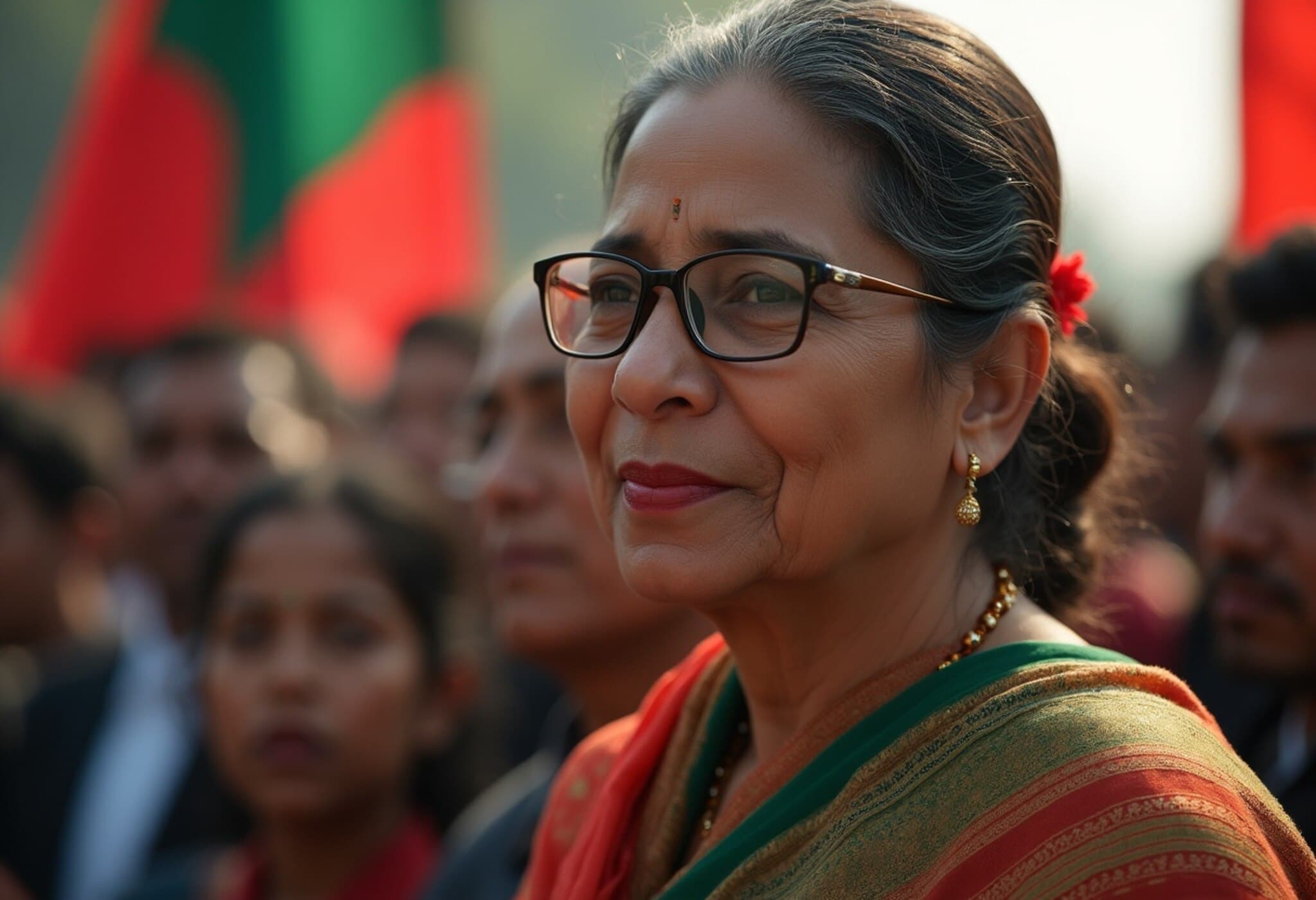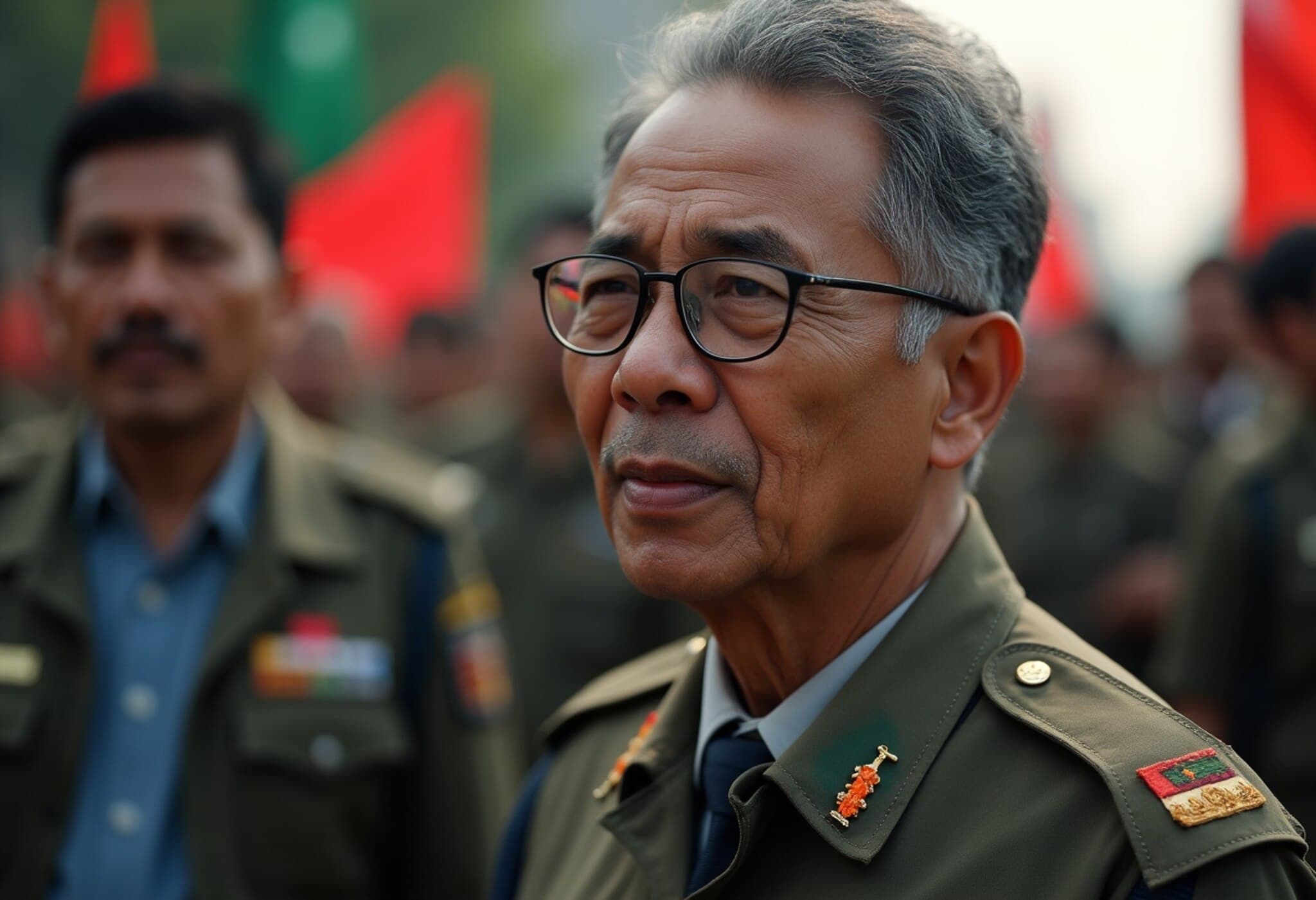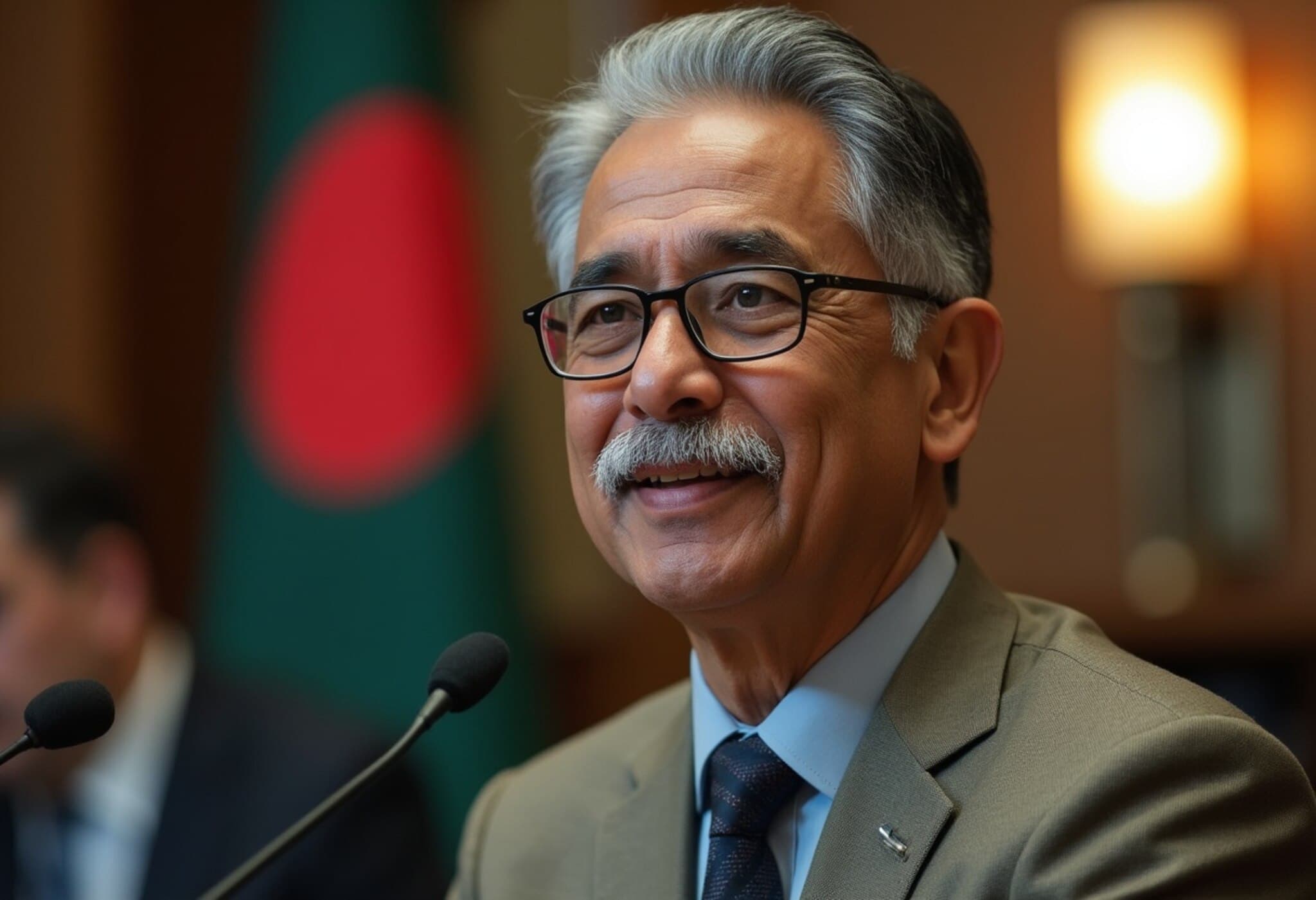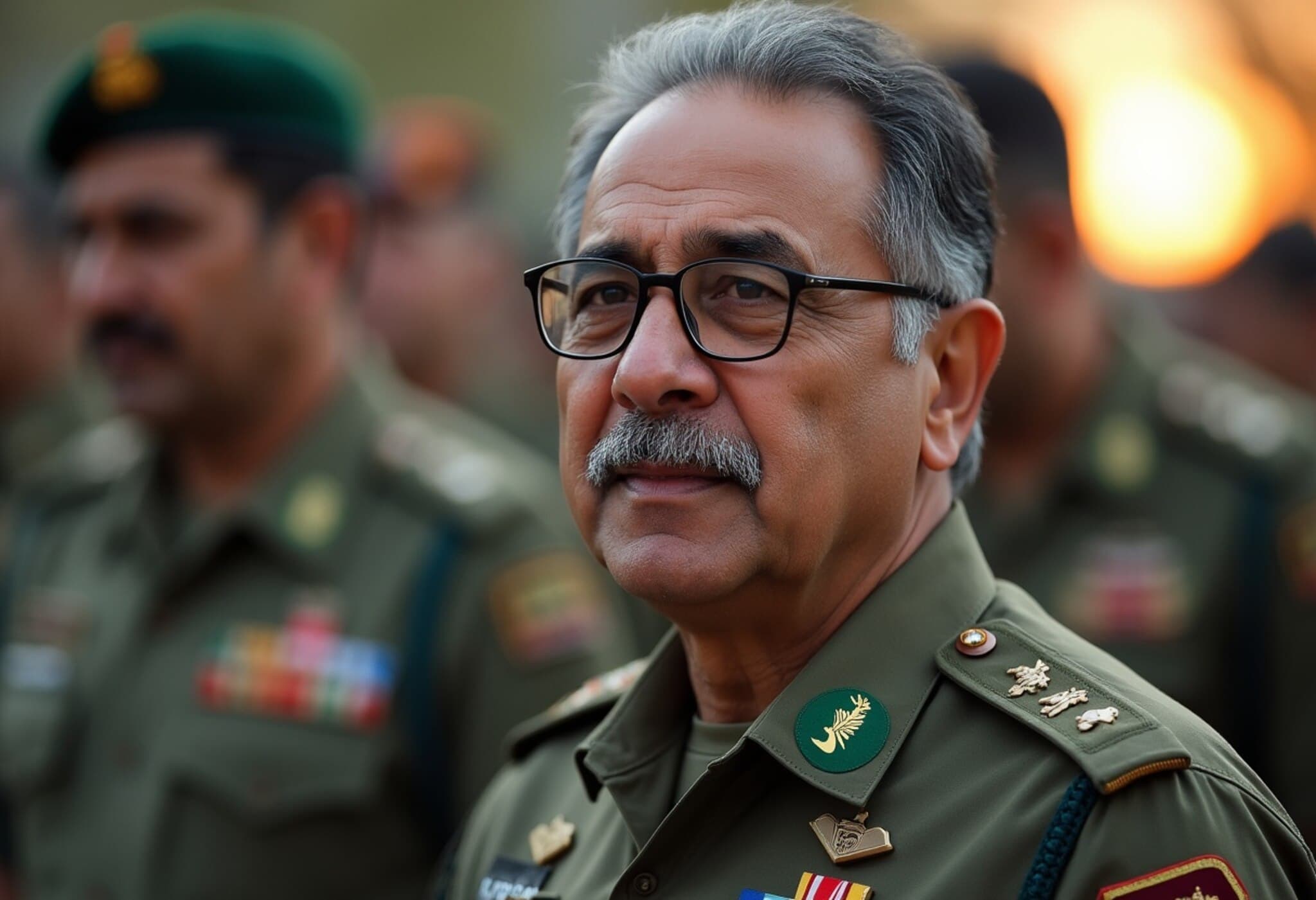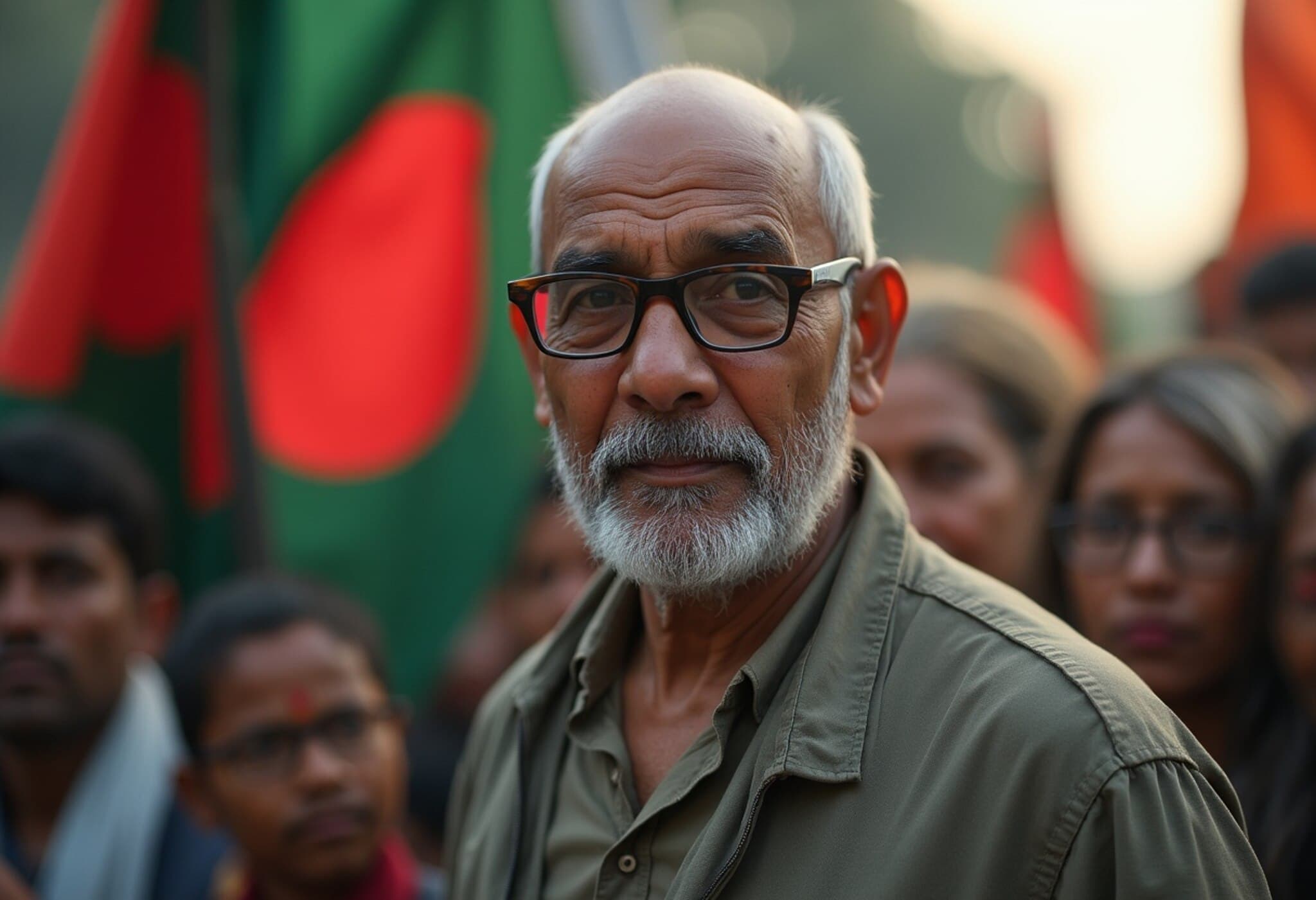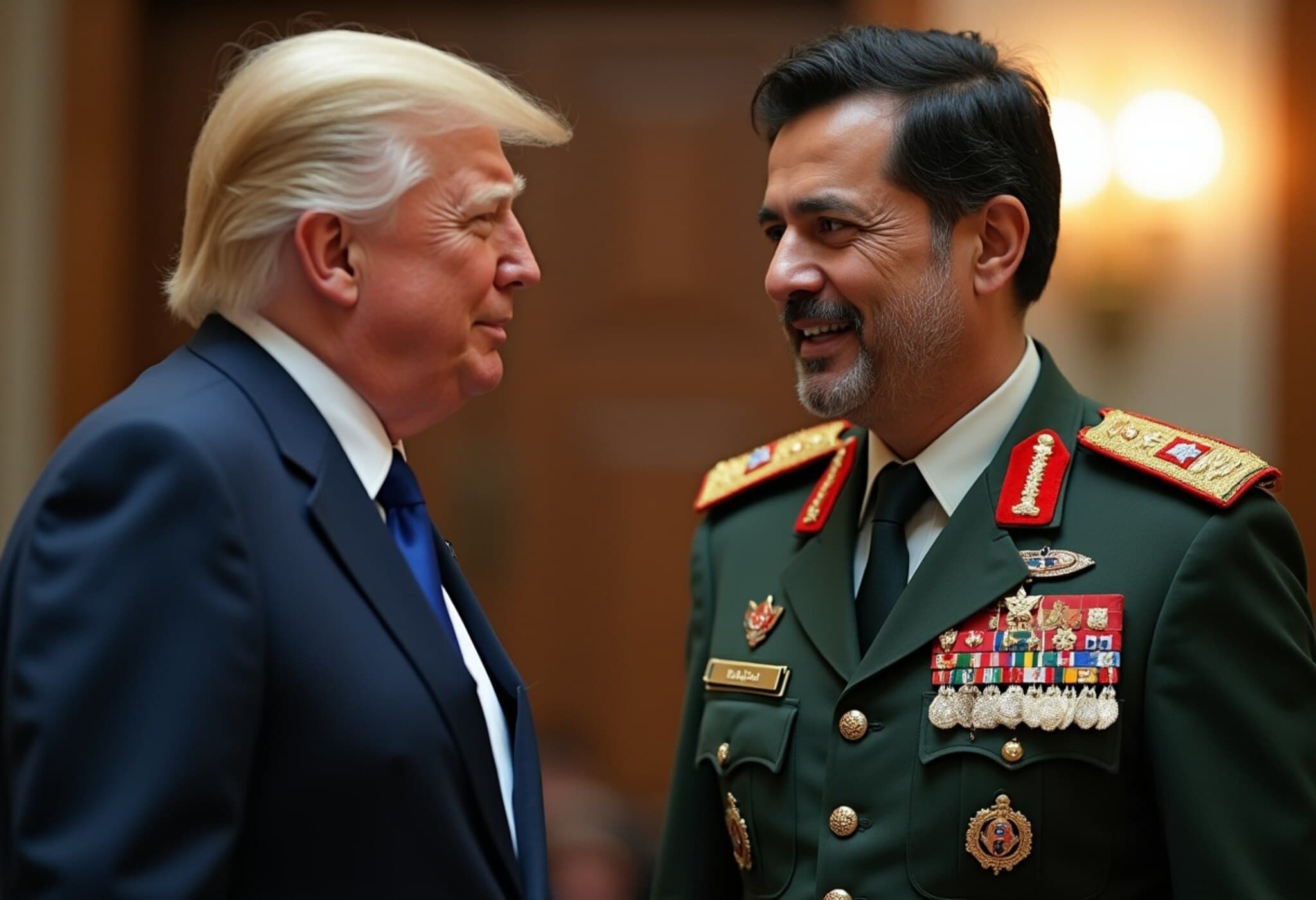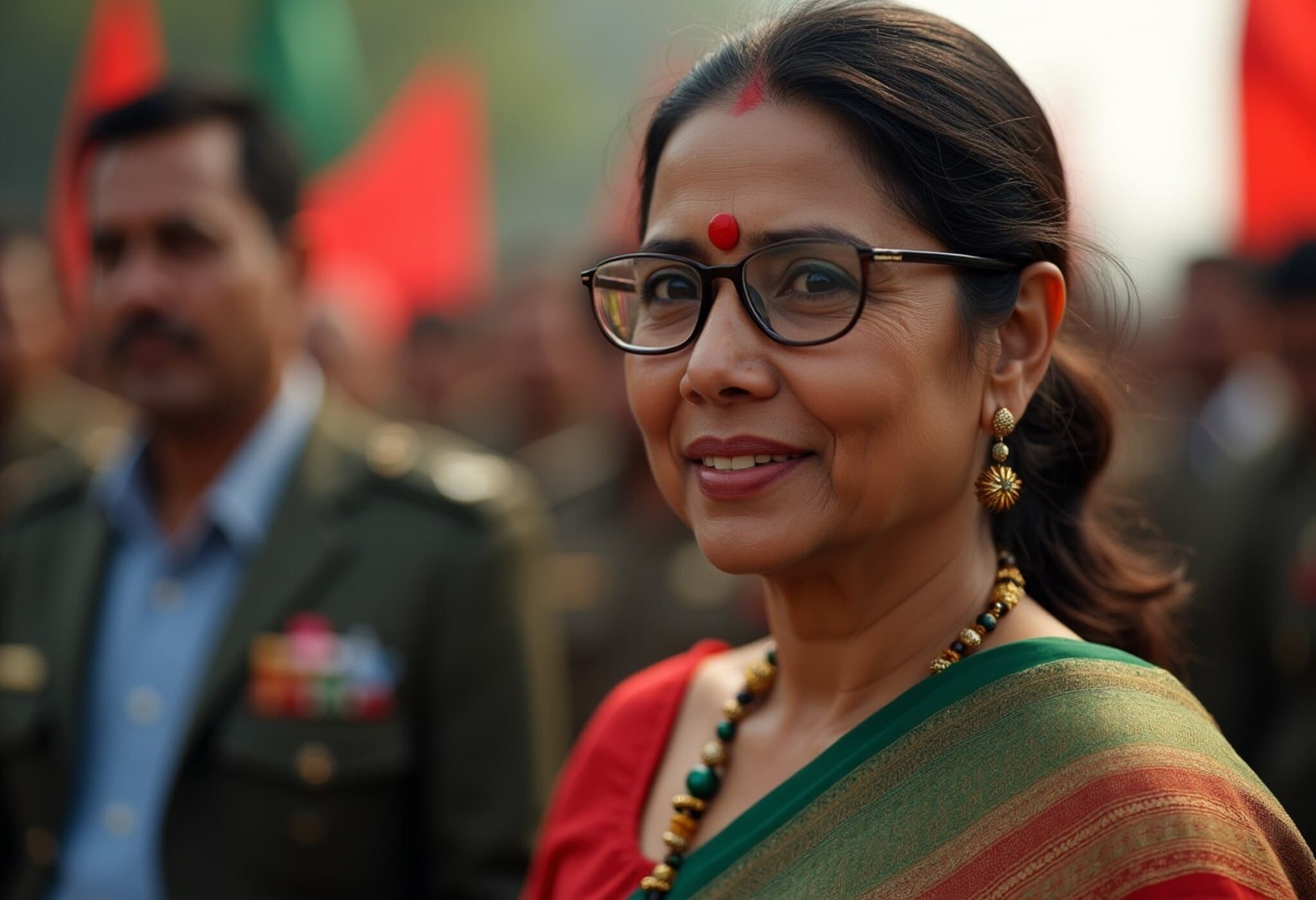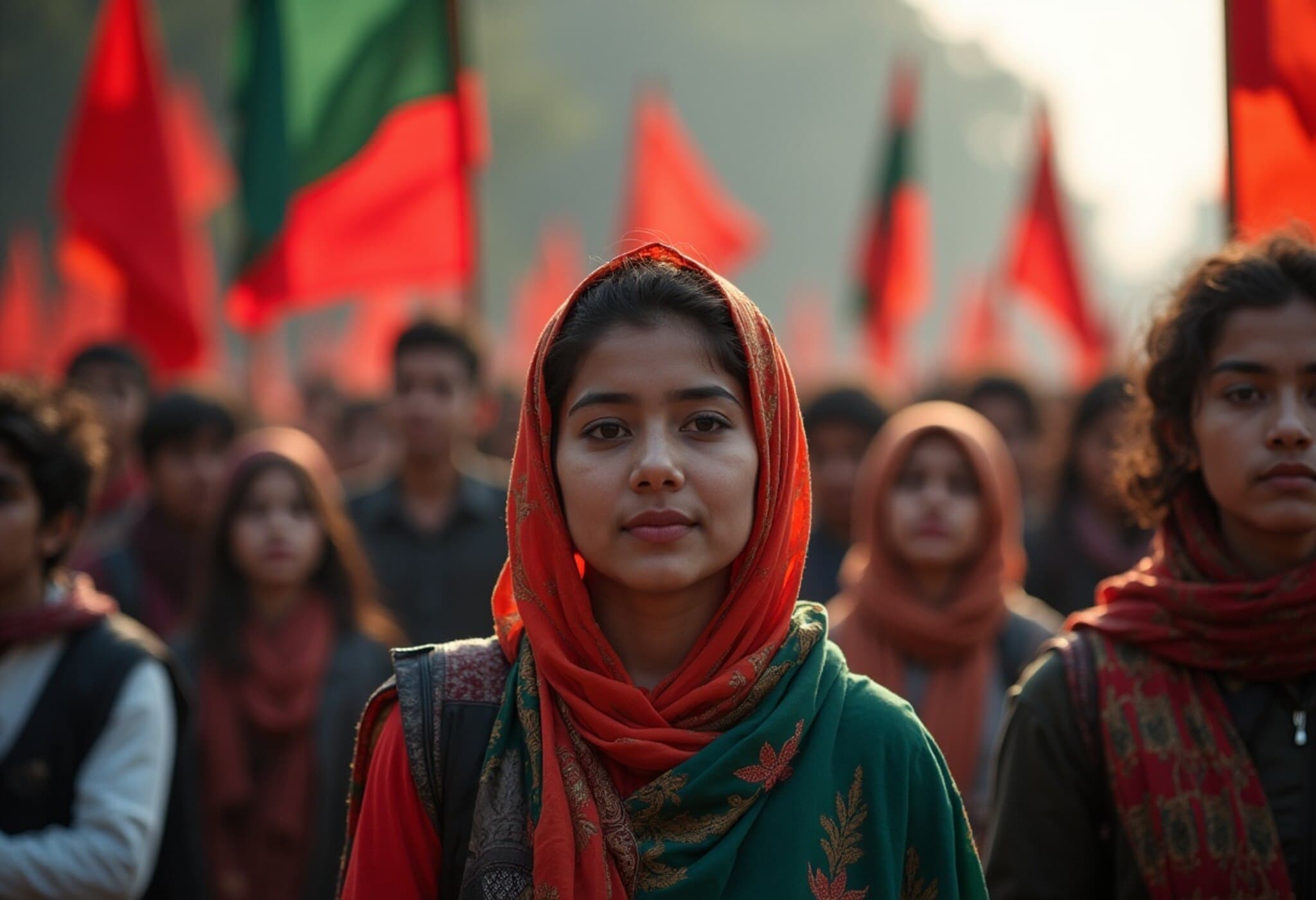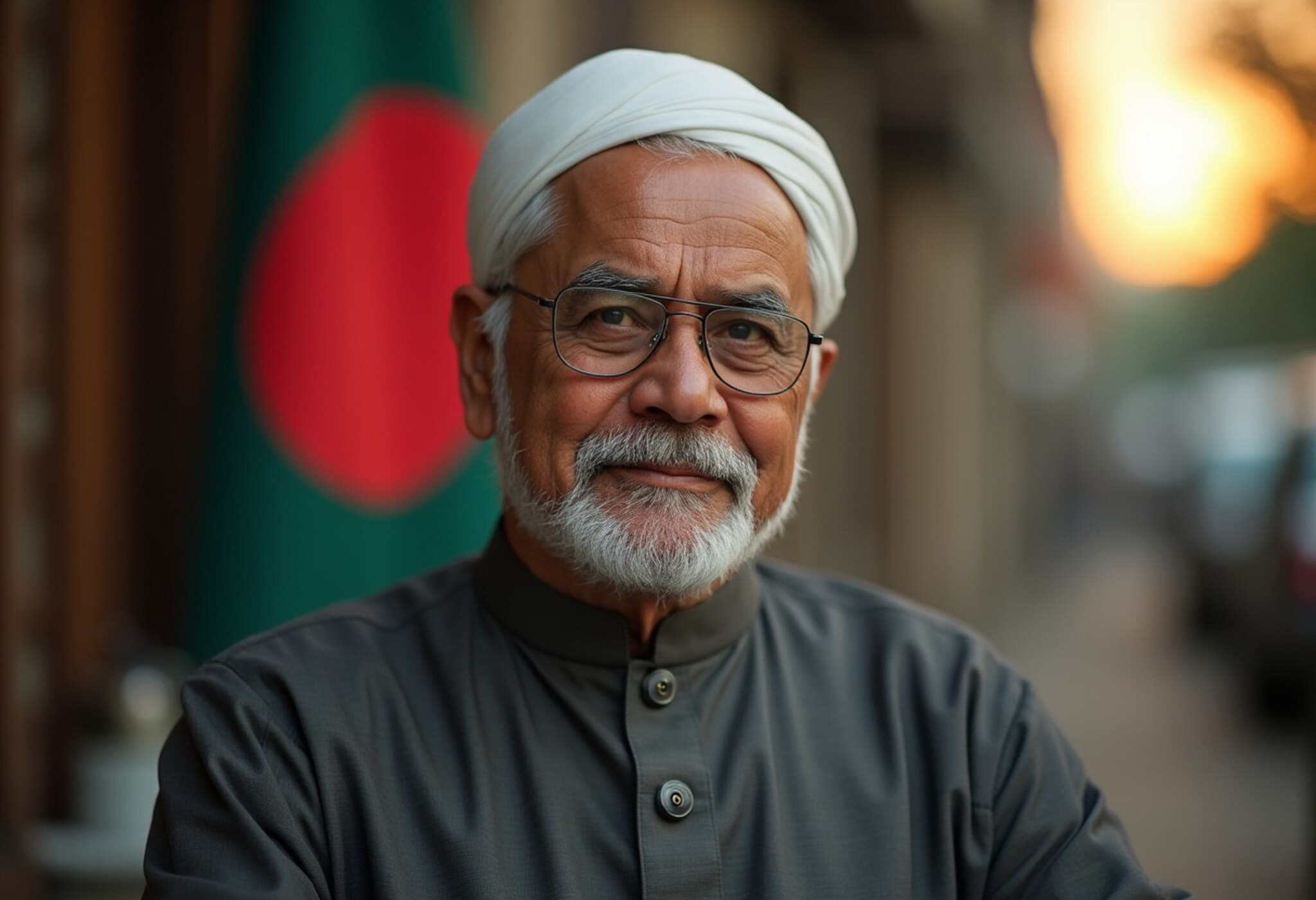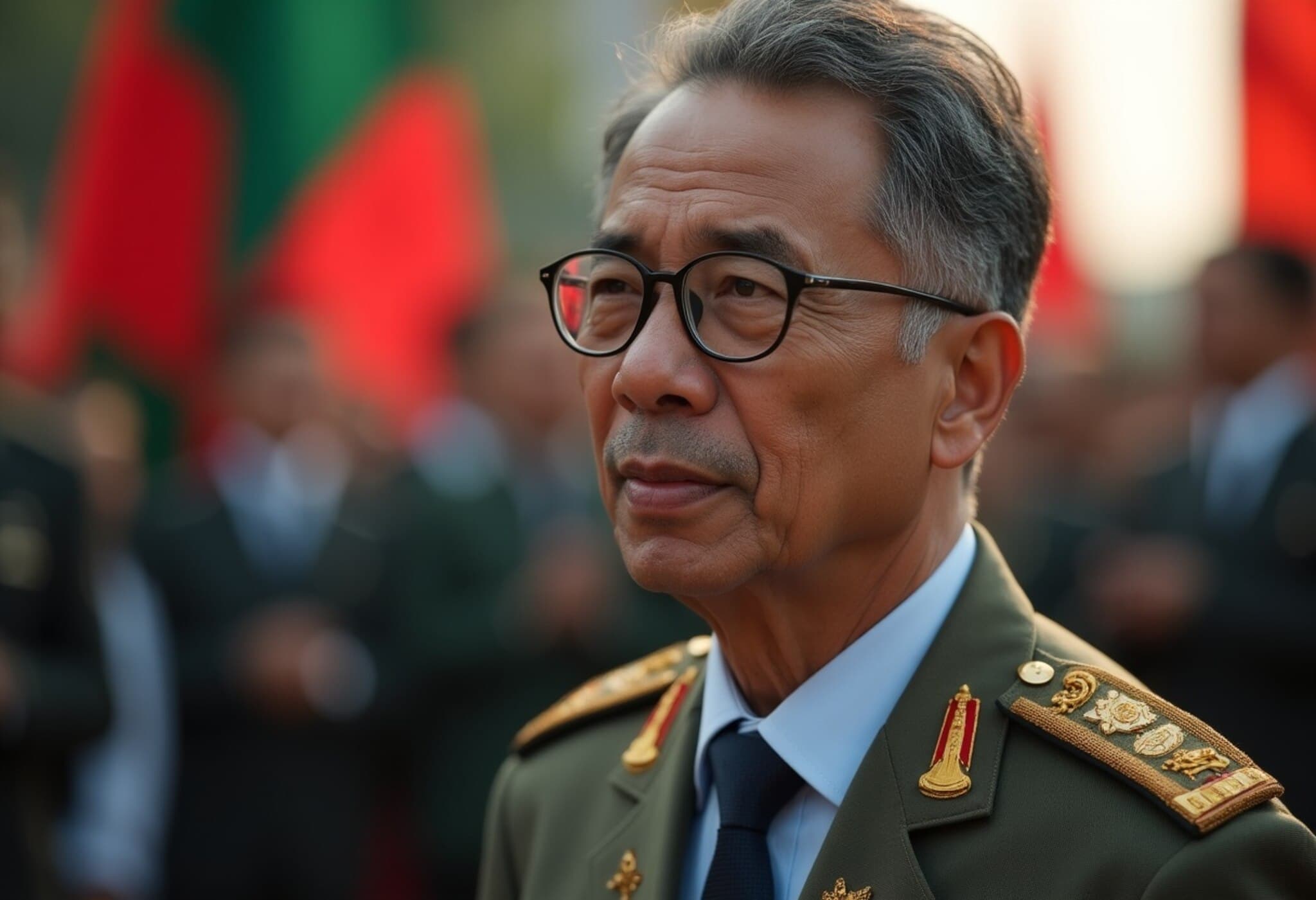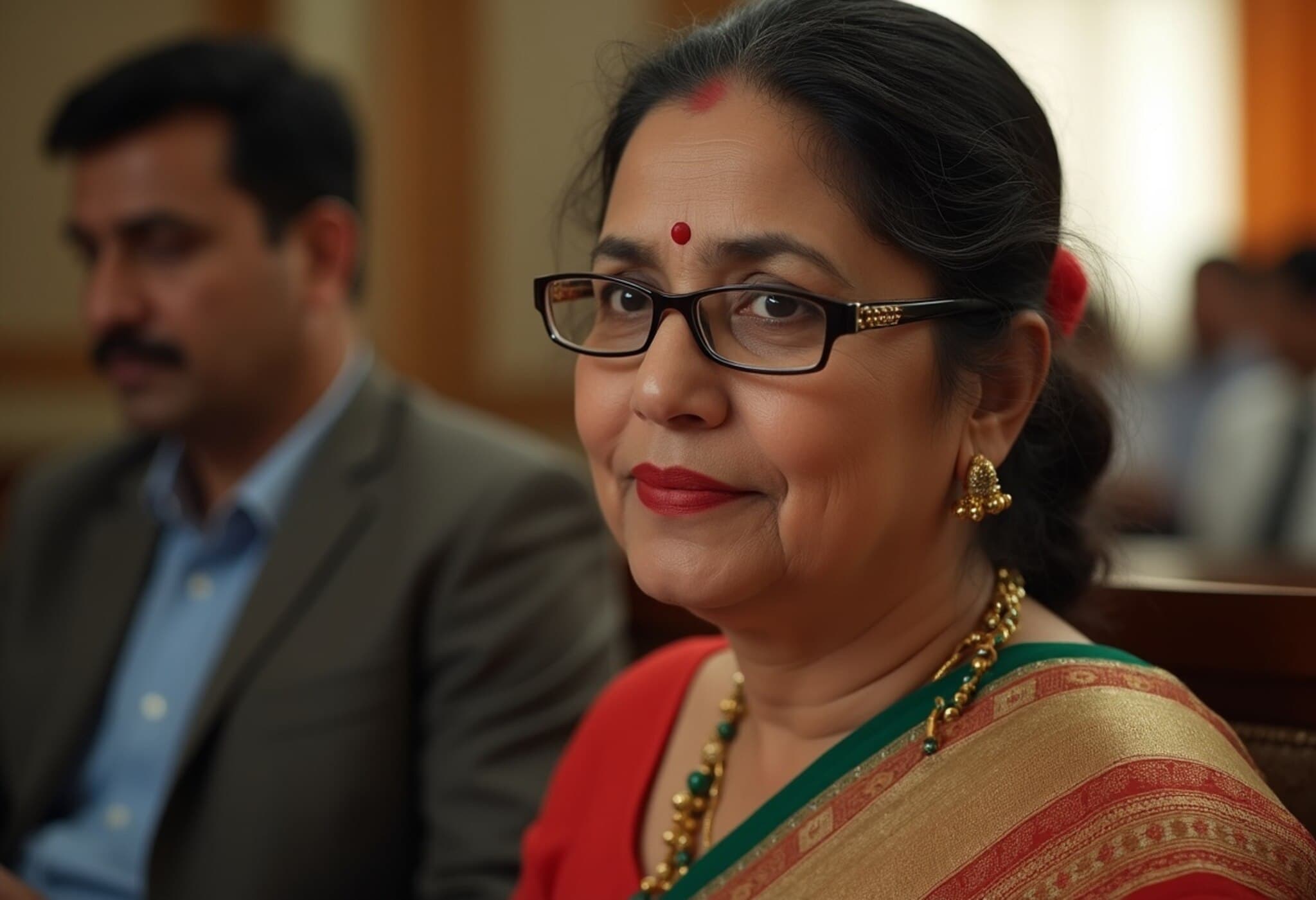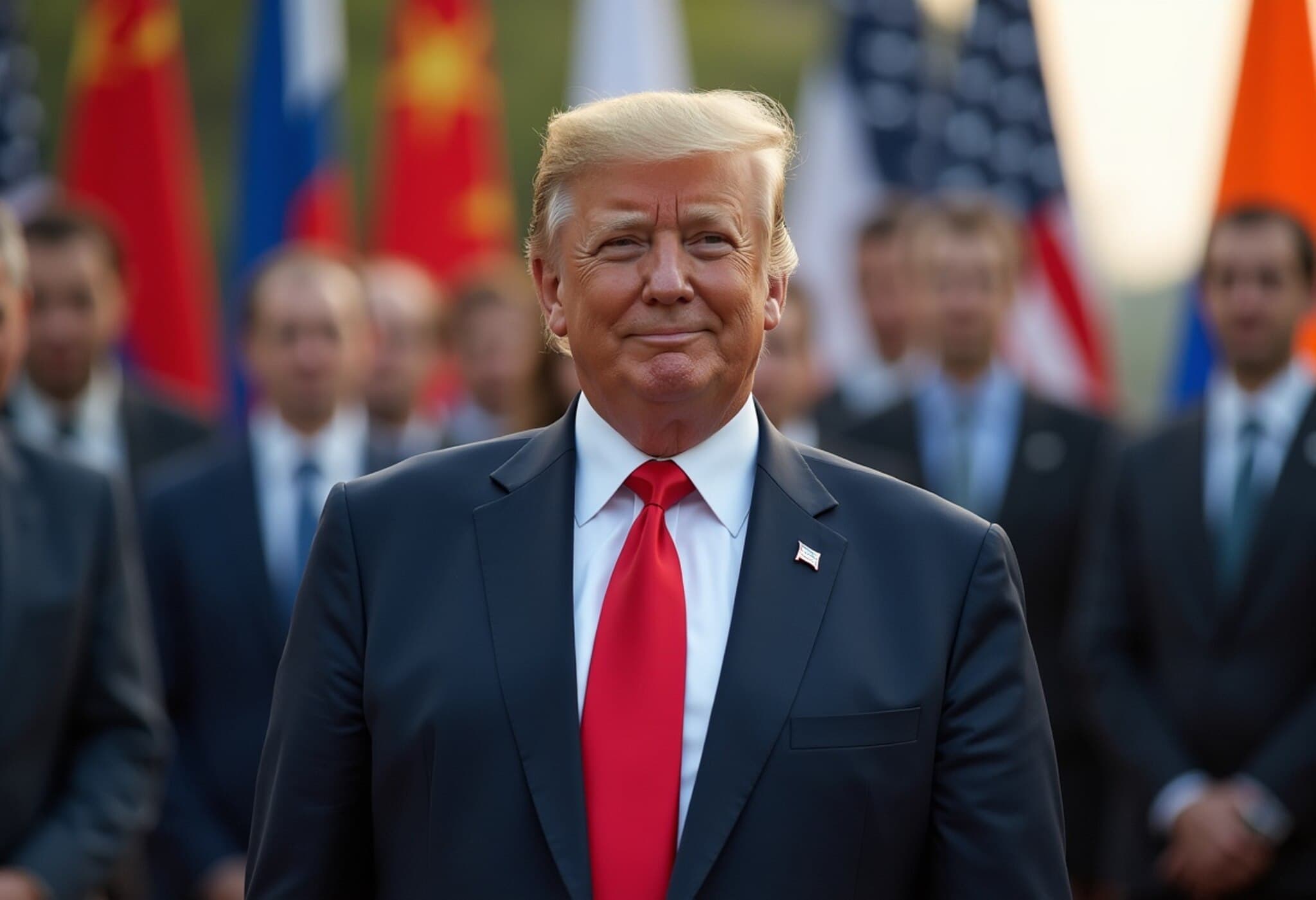Bangladesh’s Political Crossroads: Reflecting on a Tumultuous Year Since Sheikh Hasina’s Resignation
Exactly one year ago, Bangladesh experienced a seismic shift in its political landscape when former Prime Minister Sheikh Hasina stepped down amid violent student protests that shook Dhaka to its core. What began as peaceful dissent over a contentious quota law rapidly morphed into a nationwide uprising, destabilizing the country and ending Hasina’s remarkable 15-year tenure.
A Meticulously Orchestrated Uprising
Shafiul Alam Chowdhury Nadel, a senior Awami League politician and former Member of Parliament, describes the 2024 protests as a “meticulously designed” campaign aimed at destabilizing the government. In an exclusive interview, Nadel emphasized the unprecedented scale of the violence, with protestors not only attacking law enforcement and seizing weapons but also creating pervasive fear across Bangladesh — something rarely witnessed in recent history.
Originally sparked by grievances tied to quota reforms intended for freedom fighter families, the demonstrations quickly evolved. Nadel asserts that many protesters, once vocal about inequality, have since received benefits such as land and housing, suggesting a political agenda behind the unrest. He further alleges involvement of external forces, pointing fingers at foreign entities from the West and Pakistan, adding a complex geopolitical layer to the crisis.
The One-Year Legacy of Muhammad Yunus’ Interim Government
Following Hasina's departure, Nobel laureate Muhammad Yunus was appointed interim chief adviser amidst hopes for reform and stability. Yet, as his one-year mark approaches on August 8, the promise of normalization has largely evaporated. Nadel highlights a surge in crime and extremist activity — exacerbated by weakened police structures during the protests — and flags Yunus’ failure to initiate meaningful reforms.
The interim leader, initially supported by various segments of society for his reformist promises, has also strained Bangladesh’s diplomatic ties, especially with India, complicating regional cooperation. Moreover, political freedoms have shrunk under his tenure, with harassment of centrist leaders, suppression of pro-Awami League media, and reluctance to schedule elections fueling tensions.
Awami League’s Strategy Amid Political Suppression
Since Yunus’ administration imposed a ban on the Awami League from contesting elections, the party has had to recalibrate its approach. Nadel stresses a cautious patience, focusing on grassroots awareness and preserving the party structure rather than engaging in immediate confrontations. He warns that violent attacks on Awami League leaders are politically motivated to marginalize the party ahead of future elections, which remain uncertain.
Despite the ban, the Awami League remains widely supported by the population, with many citizens nostalgic for the relative peace and progress experienced during Hasina’s leadership.
Symbolism and Legacy Under Siege
One of the more heartbreaking facets of the past year has been the desecration of revered national symbols. Protesters have vandalized statues of Sheikh Mujibur Rahman—the founding father of Bangladesh—and other freedom fighters, acts seen by many as direct assaults on the nation’s hard-won independence. Nadel poignantly equates disrespecting Bangabandhu with disrespecting Bangladesh’s democratic struggle itself.
He highlights that this destruction extends beyond symbols to historic sites and religious minorities, underscoring the broader cultural and social fractures wrought by the upheaval.
Economic and Diplomatic Challenges Ahead
Nadel raises alarm over Bangladesh’s precarious economic position, particularly the garment sector’s reliance on strong ties with India and China. Yunus’ government’s perceived alignment with Western powers, including controversial tariff negotiations with the United States, risks alienating these crucial partners and destabilizing trade relations.
He warns that permitting foreign influences unfavorable to Bangladesh’s sovereignty—such as alleged permissions given to the U.S. regarding St Martin’s Island—could further inflame political unrest and threaten national security.
Looking Ahead: Justice, Elections, and National Reconciliation
Asked about the road forward for Bangladesh, Nadel is resolute. He vows that those he refers to as “Yunus and gang” will be held accountable, drawing parallels to the historical justice meted out to his political adversaries. Yet, he underscores that the Awami League will contest elections only as a united party, rejecting fragmentation despite pressures.
He emphasizes the critical need for inclusive elections to restore legitimacy and international recognition, warning that voting without the Awami League would lack widespread public endorsement.
The India Factor and Hasina’s Status
With Hasina currently in India following her exile, Nadel expresses confidence in India’s support for her safety, highlighting the deep cultural and historic bonds between the two nations. He dismisses calls from the Yunus government demanding her extradition, framing such moves as politically motivated rather than based on justice.
Editor’s Note
The political turbulence shaking Bangladesh one year after Sheikh Hasina’s resignation underscores the fragility of democratic institutions in the face of orchestrated unrest and geopolitical maneuvering. Nadel’s insights reveal a nation grappling with competing visions for its future—between reformist ambitions, nationalist legacies, and external pressures.
Critical questions remain: Can Bangladesh reconcile deep societal divisions and restore democratic governance? How will regional powers and the international community influence this process? And what role will ordinary citizens play in shaping the nation’s path forward?
Understanding Bangladesh’s unfolding story requires attentiveness to not only headline events but the nuanced undercurrents shaping its political destiny.

